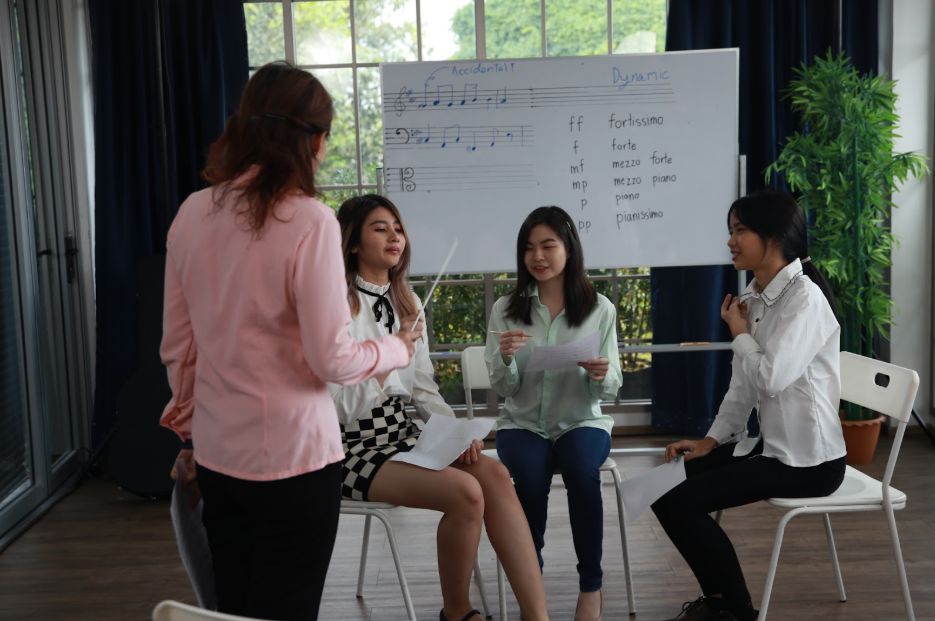5 Strategies for Mental Health Recovery in Singapore
Recovery of mental health is an inward journey, empowering, resilience building, connecting and accessing proper resources. Increasingly, with mental health awareness in Singapore, there are many strategies which can be used in order to support the recovery process. Here are five strategies for mental health recovery Singapore, as presented below.

1. Seek Professional Support
Getting a professional is the very first step in recovery in respect to mental health. Many of these professions are actually readily available in Singapore, namely psychologists, psychiatrists, and even counselors;they can give some specific guidance on this and some therapy to facilitate the process.
- Public Mental Health Services: One of the institutions is the Institute of Mental Health, which will provide full mental health services through outpatient clinics and inpatient care.
- Private Mental Health Clinics: If one needs more privacy or has a shorter waiting time, then there are private clinics like Resilience that provide tailor-made care plans.
- Community Resources: There are affordable counseling services and workshops by organizations like the Singapore Association for Mental Health (SAMH) that will aid recovery.
Professional help is crucial to properly diagnose the condition and design a suitable treatment plan. The treatment plan may include therapy, medication, or a combination of both.
-
Good Social Relationships

Meaningful relationships with others can be a major determinant of recovery from mental illness. Social contacts support emotionally, decrease feelings of isolation, and help the person regain a sense of normalcy.
- Connect with Family and Friends: Discuss your thoughts and feelings with trusted loved ones who might listen and provide emotional reassurance.
- Join Support Groups: CaringSG and SAMH, among others in Singapore, conduct group support sessions where people from similar backgrounds can gather together and share insights.
- Volunteer: Volunteer work can give one a sense of purpose and will also provide opportunities to get in touch with like-minded people and make new connections.
-
Live a Holistic Lifestyle
Living well that has good habits greatly helps individuals in mental wellbeing besides speeding up recovery processes.
- Exercise: The hormones of endorphin release from exercise aid to reduce stress. Many who use parks in Singapore will find exercising the mind by performing tai chi or brisk walking in the parks.
- Mindfulness and Meditation: Mindfulness, similar to meditation or deep breathing, can quiet the mind. Among other things, there are applications such as Headspace and Calm.
- Bilateral Balance: Nutrition is, however, very important to well being. There is always the need to take an increased amount of omega-3 fatty acids, whole grain and fresh fruits and veggies in the diet.
A minimum amount of sleep: Good sleep hygiene needs to be maintained for refreshing sleep; otherwise, it aggravates psychiatric disorders.
-
Personal Development Activities

Personal development activities enhance personal worth and accomplishment.
- Pursue Hobbies: For example, painting, gardening, or learning a new instrument. Hobbies are positive outlets for stress and creativity.
- Set Small Goals: Sometimes recovery can be daunting. Break the process into achievable steps and celebrate small victories as stepping stones to building confidence and motivation.
- Take Courses or Workshops: Many community centers and online platforms in Singapore offer workshops and courses that promote personal growth and skill development.
-
Digital Resources and Helplines
Singapore has always been digital-first, which makes mental health resources more accessible than ever. Technology can be a good ally in recovery from all sorts of things-from telehealth services to mobile apps.
- Telehealth Platforms: Services such as Doctor Anywhere and the Resilience teleconsultations make access to mental health professionals quite easy.
- Mental Health Apps: Apps such as Moodpath and Woebot offer mood tracking, cognitive-behavioral therapy (CBT) exercises, and mindfulness practices.
- Helplines for Fast Response: The National Care Hotline and the SOS are two such services available 24/7 in Singapore which offer immediate support to crisis-bound individuals.
Resilience in Recovery from Mental Health Conditions
Resilience as a concept and also as the trusted provider is very core to recovery of the mental conditions. Resilience defines how one might cope with adversity, and at times, learn to live from setbacks through growth inside of it. The organization believes in equipping people with the means to navigate recovery successfully.
Such an integration of professional care, community support, and holistic practices creates in a person the resilience necessary for long-term mental wellness.
Conclusion
Mental health recovery Singapore is not a linear process but dynamic. Patience, self-compassion, and support are necessary in its pursuit. For people living in Singapore, with professional assistance, relevant relationships, healthy lifestyles, individual growth, and digital assistance, much scope exists for taking meaningful steps toward recovery.
Resilience is here to help and support you every step of the way. If you or a close person are having such issues with mental health, you can reach out and receive help. It is possible to recover, and through the proper strategies, you will be able to regain your mental well-being and live life.